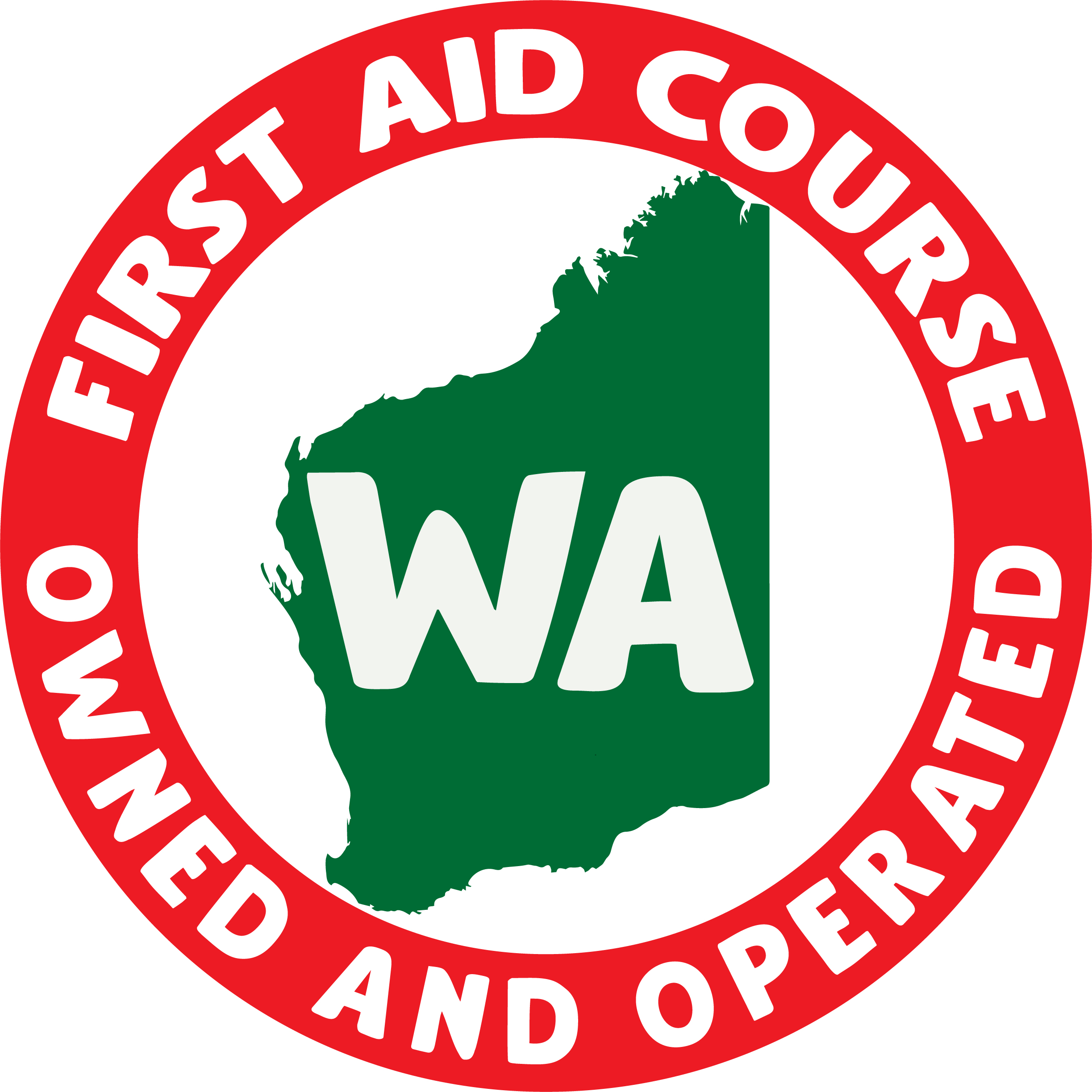First Aid Essentials: Must-Know Tips for Everyday Emergencies
Accidents happen unexpectedly, and being prepared with first aid knowledge can make a vital difference in saving lives or minimizing further harm. Whether you are at home, work, or in public, having a basic understanding of first aid essentials is crucial. In this article, we will discuss some must-know tips for everyday emergencies, including the importance of following arc guidelines for cpr.
Cardiopulmonary Resuscitation (CPR) is a life-saving technique used when a person’s breathing or heartbeat stops. It is essential to start CPR immediately if you witness someone collapsing or find an unconscious person. The American Red Cross (ARC) provides guidelines for performing CPR, and following these guidelines is crucial for the best chances of survival.
Firstly, it is vital to assess the scene for any potential danger before approaching the patient. Ensure your safety by checking for hazards such as traffic, fire, or electrical wires. Once you have ensured a safe environment, check the patient for responsiveness by tapping their shoulder and asking if they are okay. If there is no response, shout for help and call the emergency services.
The next step is to open the airway and check for breathing. Tilt the person’s head back slightly, lift the chin, and look, listen, and feel for any signs of breathing. If they are not breathing or only gasping, start CPR immediately. Place the heel of your hand on the center of their chest and interlock your fingers. Perform chest compressions at a rate of 100 to 120 compressions per minute. Remember to follow the ARC guidelines for depth of compressions and allow the chest to fully recoil before starting the next compression.
In addition to CPR, basic first aid knowledge can help in various everyday emergencies. Cuts and wounds, for example, can occur at any time. In such cases, clean the wound with running water and apply direct pressure using a clean cloth or bandage to stop the bleeding. Elevating the injured area and applying ice can also help reduce swelling and pain.
When it comes to burns, rinsing the burned area with cold water for at least 10 minutes can alleviate pain and prevent further damage. Cover the burn with a clean cloth or sterile non-stick dressings, and seek medical attention if the burn is severe or covers a large area.
Additionally, being aware of allergic reactions can be crucial. If someone is experiencing severe allergic symptoms, such as difficulty breathing or swelling of the face and throat, call emergency services immediately. In such cases, it may be necessary to administer an epinephrine auto-injector if the person has one available.
In conclusion, having a basic understanding of first aid essentials can make a significant difference in emergencies. In situations such as cardiac arrest, following ARC guidelines for CPR is essential for increasing survival rates. Furthermore, knowing how to handle cuts, burns, and allergic reactions can help prevent further harm and provide immediate care. Always remember to seek professional medical help as soon as possible in any emergency situation.
Publisher Details:
First Aid Course WA, CPR, Child Care, First Aid, Manual Handling – All metro location s in Perth
https://www.firstaidcoursewa.com.au/
Unlock your potential to save lives. Discover the vital skills and knowledge you need to become a certified first aider. Join us at firstaidcoursewa.com.au and empower yourself to be the first responder in any emergency situation. Don’t wait to become the hero, start your training today.

